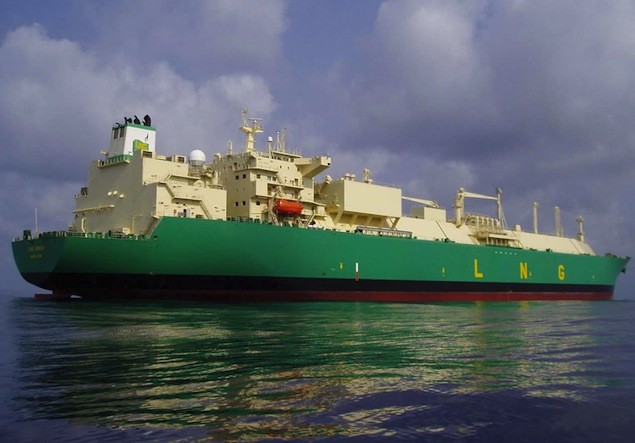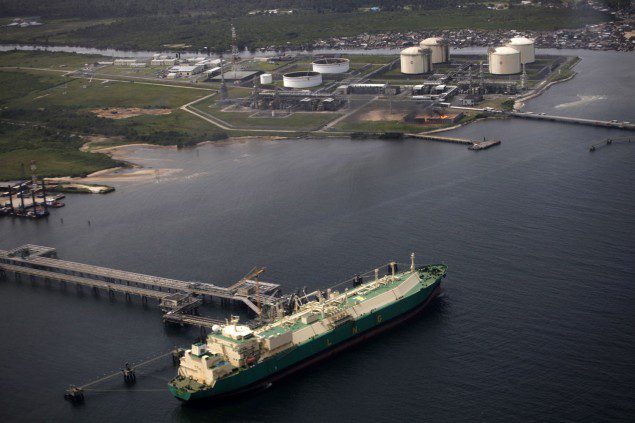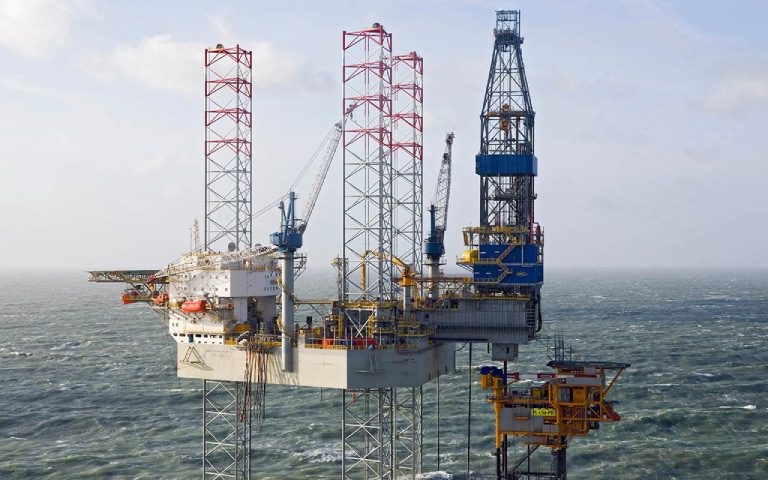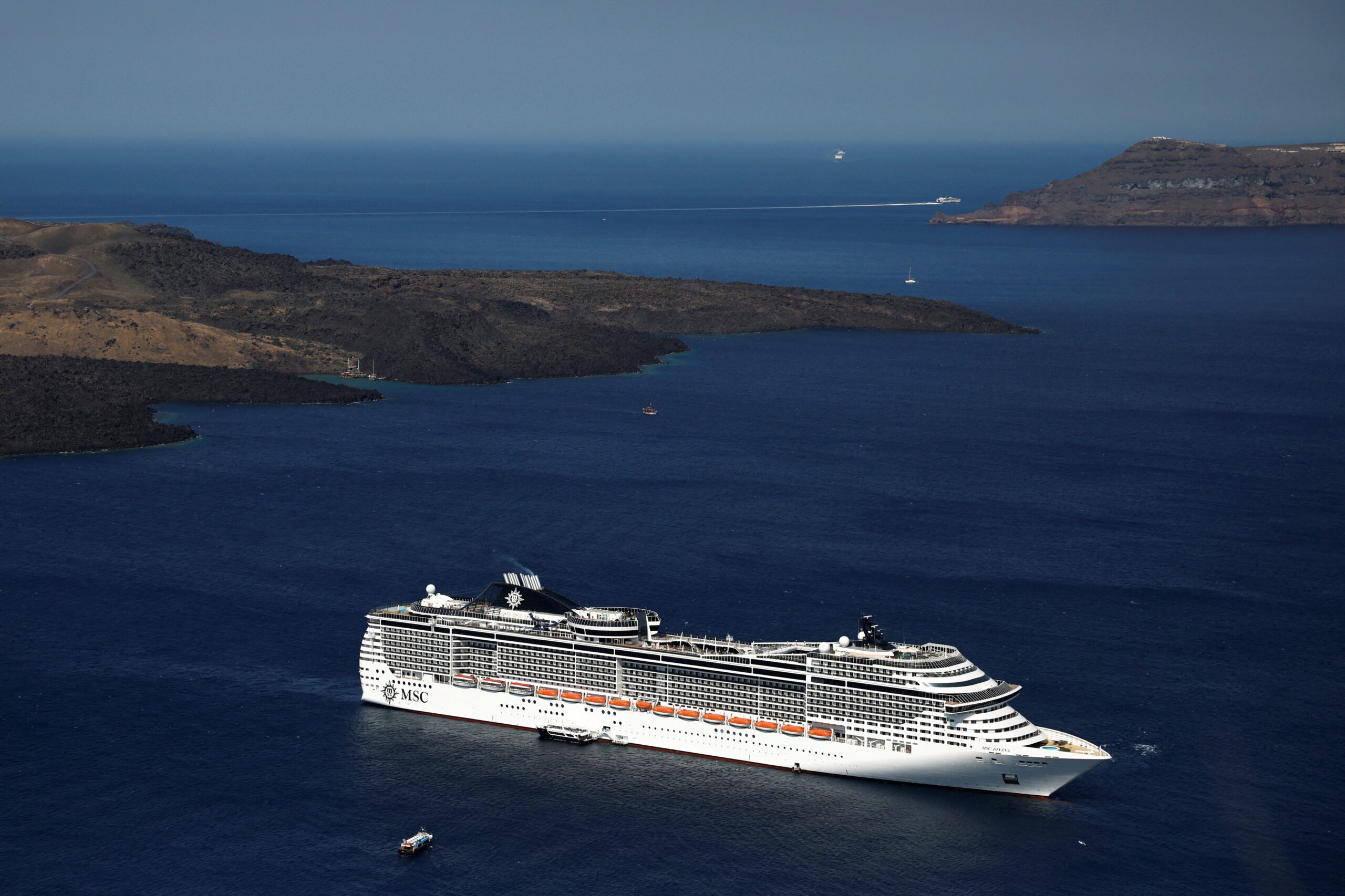July 12 (Bloomberg) — Nigeria LNG Ltd., Africa’s biggest liquefied natural gas exporter, agreed to pay $140 million in disputed levies to the country’s maritime agency to end a three- week blockade of shipments from its export terminal.
The Nigerian Maritime Administration and Safety Agency “will immediately revoke the detention order on vessels and release them” on the payment of the fees, according to the terms of a settlement presented today to Judge Mohammed Idris of the Federal High Court in Lagos. Based on the agreement, Idris struck out a suit by Nigeria LNG challenging the action by the maritime agency known as Nimasa.
“We feel we have no other option than to now make these payments under protest,” Nigeria LNG Managing Director Babs Omotowa said today in an e-mailed statement. The company lost more than $475 million since Nimasa detained its ships on June 22 and blocked exports, he said.
Nigeria LNG on June 28 declared force majeure, a legal clause allowing it to miss shipments, as the blockade lingered and more than 20 LNG tankers moored outside the Bonny Island loading bay.
The company, majority-owned by the government, disagrees with Nimasa’s interpretation of its tax obligations, citing exemptions in the law establishing it. The maritime agency said the tax breaks expired in 2004, leaving the gas producer owing arrears.
Long-Term Buyers
Nigeria LNG has long-term contracts with buyers in Spain, Italy, France and Turkey, exporting 333 cargoes in 2012, the most since sales began in 1999, according to its website. The company’s Bonny Island plant, the world’s second-largest liquefaction site after Ras Laffan in Qatar, is able to produce 21.8 million metric tons of chilled gas a year, or about 8 percent of the world’s total, according to data from the International Group of LNG Importers. It supplied 15 percent of the world’s LNG for near-term delivery last year, according to the group.
State-run Nigerian National Petroleum Corp. is the biggest investor, with a 49 percent stake. Units of Royal Dutch Shell Plc, Total SA and Eni SpA respectively hold 26 percent, 15 percent and 10 percent.
“Things will be sorted out as soon as payment is made,” Isichei Osamgbi, a spokesman for Nimasa, said today by phone from Lagos. “We’re not interested in holding ships, we’re just making sure the law is enforced.”
Copyright 2013 Bloomberg.

 Join The Club
Join The Club












